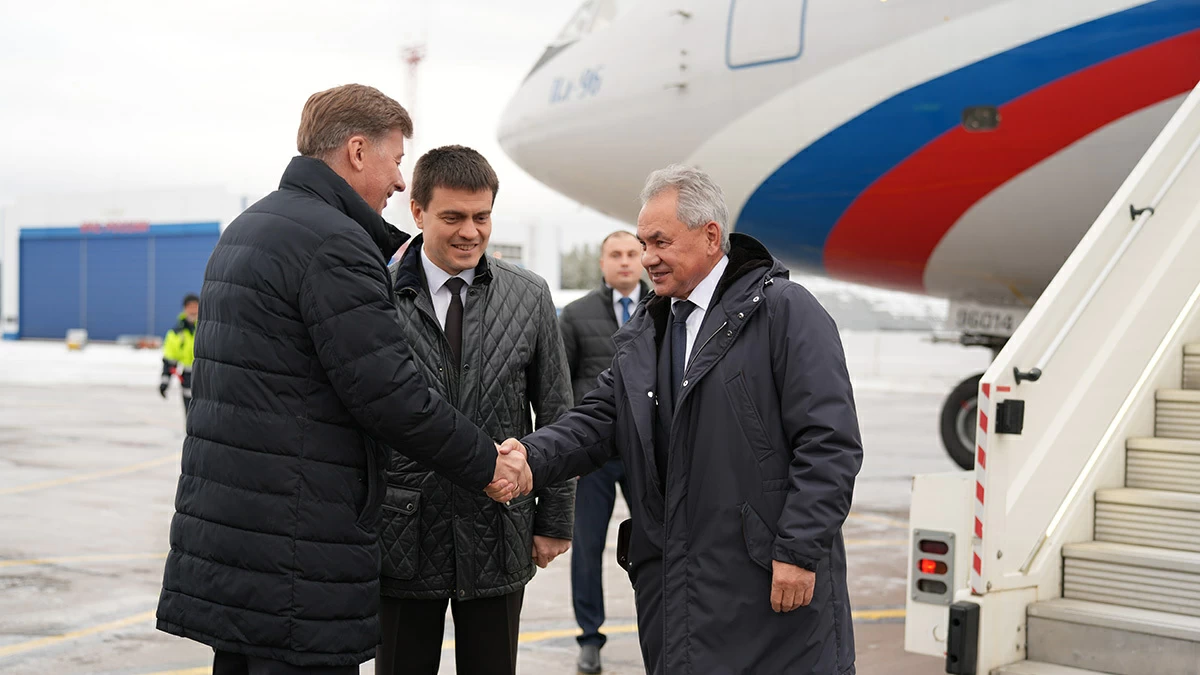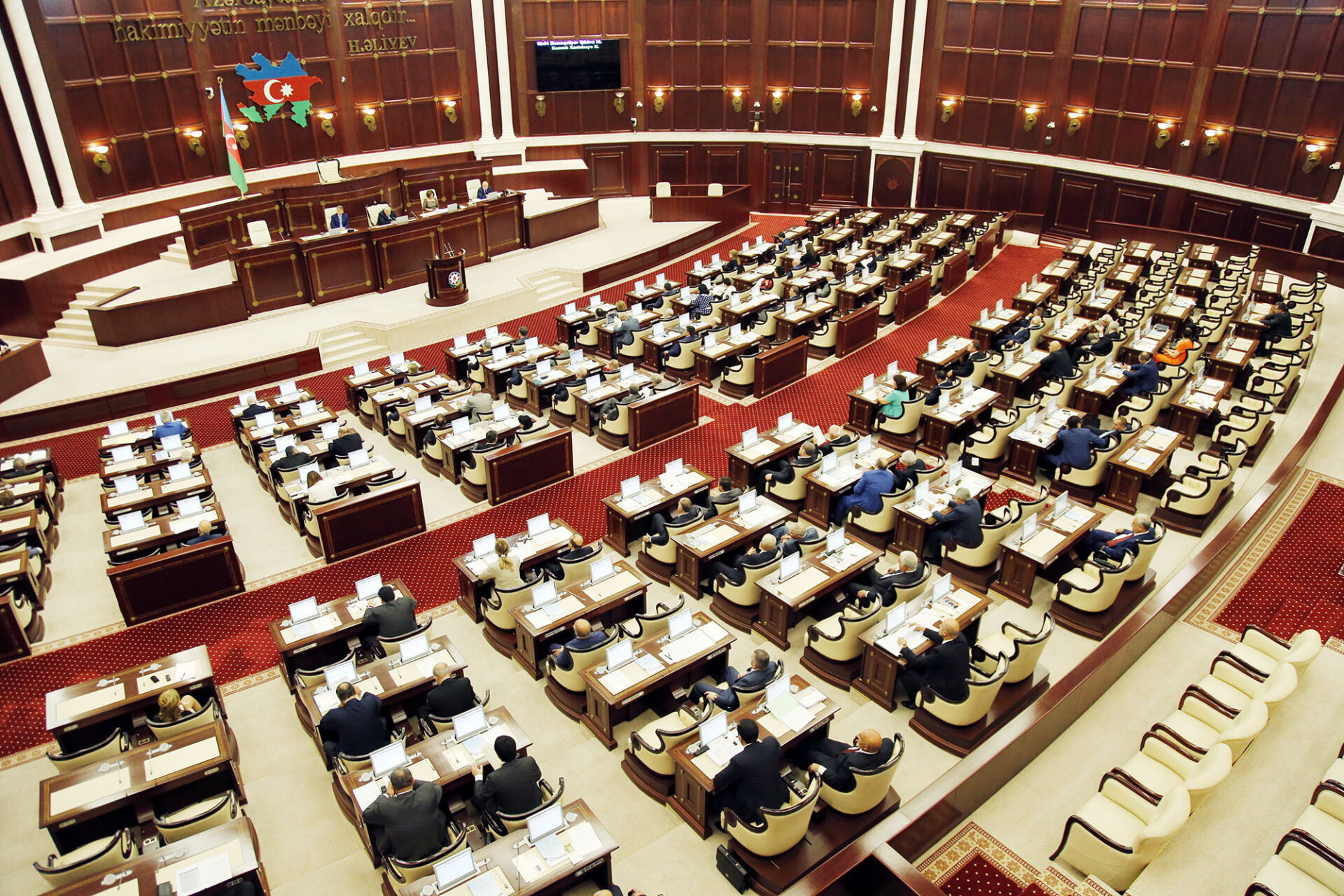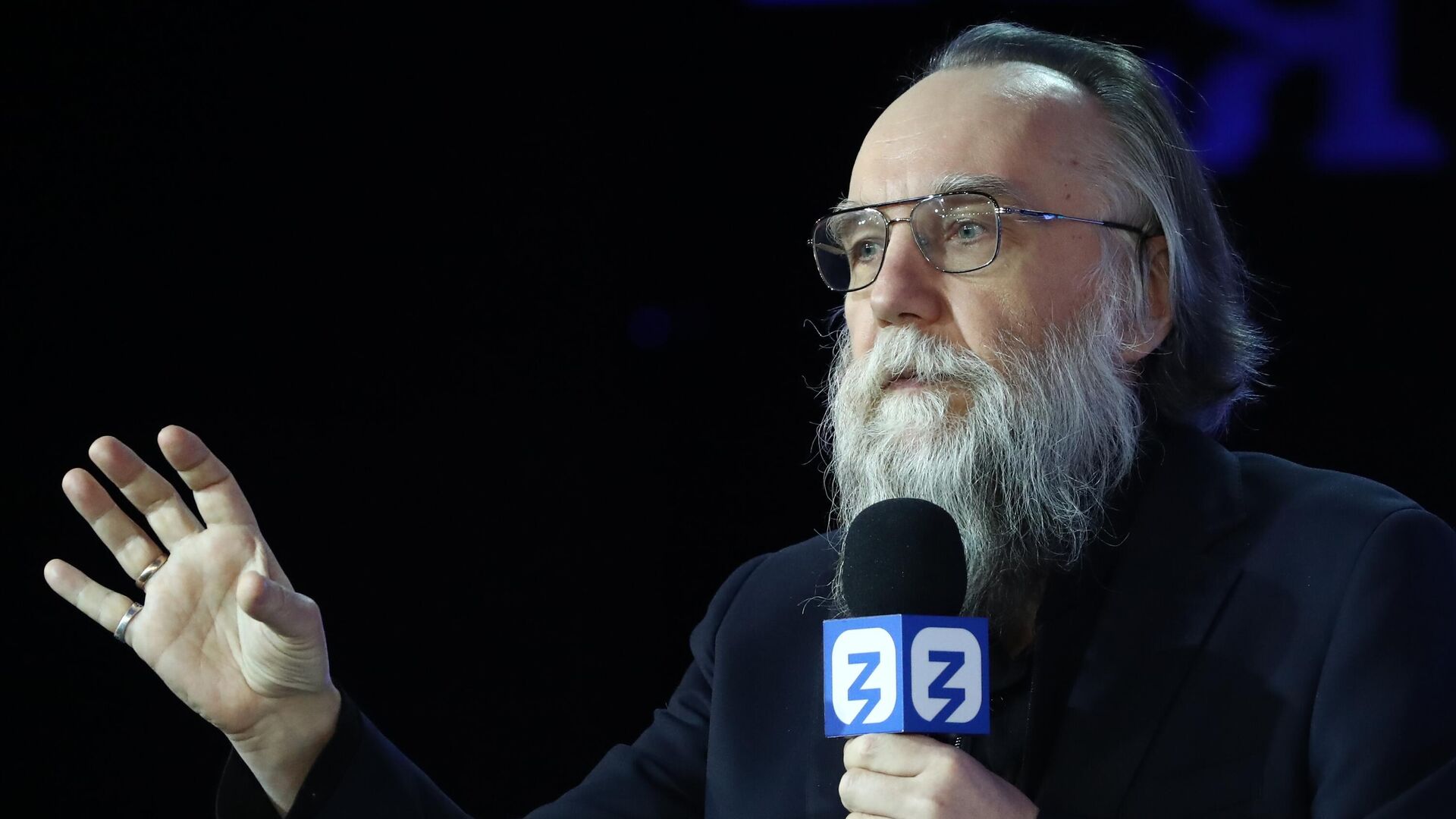
Empire as Catastrophe: A Philosophical Reevaluation of the Russian State
Empire as Catastrophe: A Philosophical Reevaluation of the Russian State
Russia’s war against Ukraine, which has been going on for more than a year, has caused deep reflection among Russian-speaking intellectuals from different countries and has even led them to Nietzsche’s “revaluation of all values.”
At the beginning of 2023, Mikhail Epstein, philosopher and professor at Emory University in the United States, wrote Russian Anti-World: Politics on the Verge of Apocalypse, a book with a fundamental analysis of the latest events (see EDM, February 22). Recently, his European colleague, Nikolai Plotnikov, a professor at the Institute of Slavic Studies in Bochum, Germany, published a 16-author collection of articles under the title, In the Face of Catastrophe (Lit-verlag.de, 2023).
The collection of such articles represents a long tradition of Russian-speaking intellectuals, who used such a format to respond to the burning questions of their era. Starting with the famous “Milestones” (Vekhi), published during the “inter-revolutionary stagnation” (1909), to “From Under the Rocks” (Iz-Pod Glyb) (1974), which was compiled by Alexander Solzhenitsyn, who had just been expelled from the Soviet Union.
According to the authors of the In the Face of Catastrophe, the Vladimir Putin regime’s full-scale war against Ukraine not only “brings death, destruction and suffering to the Ukrainian people. but it war means a civilizational catastrophe for Russia.” Plotnikov notes the signs of this catastrophe even in the fact that the war cannot be comprehended philosophically, since in today’s Russia the very word “war” is forbidden in the media.
In an interview for Radio Free Europe/Radio Liberty, he added: “Of course, the general feeling among all authors of the collection is a state of shock. The shock of sudden insight, which was the transition to a new state of knowledge. So it is with us: the darkest prophecies have come true” (Svoboda.org, March 1).
Of course, from one angle the brutal war against a neighboring country—with hundreds of thousands of victims already—appears to be the tragic apogee of the evolution of post-Soviet Russia, but can this event properly be considered so “sudden?” Can one ignore decades of restorationist propaganda before it, the neo-imperial wars (starting from the First Chechen War from 1994-1996) and the growing elimination of freedoms in the sphere of domestic politics? Oleg Aronson writes in his article for this collection: “Many people have experienced a sense of shame for their own state.” But did they really feel only pride until February 2022? If so, the socio-historical analysis of the causes of the war remains far from complete.
Culturologist Andrei Arkhangelsky names deeper reasons for what happened: Since the 1990s, the problem of social evil—the regimes of lies, violence and aggression that accompanied Russian history both in Soviet times and in earlier eras—has not been comprehended. Post-Soviet Russia chose to simply “forget” about it, and therefore, “evil, not called by its proper name, broke out.” According to Arkhangelsky, the fundamental mistake of both Russian and Western humanitarians was that “we entrusted the re-education of the Putin regime to ‘historical inevitability’—which will do everything by itself. We hoped for a mole of history that ‘digs slowly.’ But this mole, as it turned out, without supervision digs a grave for all of us, [for] humanity.”
Historians Ilya Kukulin and Maria Mayofis introduce in their article an interesting neologism, empression, to explain the specifics of current Russian politics. It is made up of the words “empathy” and “aggression.” Indeed, the Kremlin often justifies its war against Ukraine by invoking the idea of “brotherly love” for the people of that country. Although Russian power enjoys portraying itself almost as a “saint,” it spouts openly diabolical lies.
As a result, today’s Russia is turning into a realm of absurdity, which was figuratively described by the philosopher Anatoly Akhutin: “The country is going into the future in a carriage of a hastily composed past. A hybrid of a Tsar and a Chekist sits on the president’s throne and the priest blesses the ‘Satan’ rocket.”
Still, in this collection, it is not so much the authors’ bright images and philosophical abstractions that catch the eye, but instead the analytical considerations about how and why Russian history inevitably returns to the “imperial track.” Is this imperial tendency terminal, or can the people vanquish it? Fortunately, a number of authors focus on this problem, which grows more germane by the hour.
According to sociologist Alexander Bikbov, modern intellectuals “need to make a sufficient collective effort to decode Russian colonial thinking, its cultural, and not just power forms.”
Indeed, this colonial thinking is largely embodied in Russian cultural archetypes. “It is precisely the thesis of the continuity of the existence of ‘historical Russia’ (and the uncertainty of its external borders) that is one of the cornerstones of the current justification of war,” argues historian of ideologies Alexander Dmitriev. “This … [indulges] any past or future expansions of Moscow’s centralized power.”
But out of these imperial expansions, little but devastation and lifelessness of the annexed spaces can be born. Culturologist Elena Petrovskaya, in the article “Empire, or Self-Expanding Void,” traces precisely this feedback: “where there is a pure increment of space, life is completely ignored. … The Empire expands because it is an empty space in which there is no place for life and which exists in the only way—through non-stop violent expansion.”
In the preface, the collection’s compiler, Plotnikov, sets a rather radical task for those who are interested in the liberation of Russian identity: “It is necessary to dismantle all historical, political and philosophical myths—‘traditional values,’ ‘unlimited sovereignty,’ ‘originality,’ ‘Russian civilization,’ ‘empire,’ ‘Great Russia’ and dozens of big and small myths about national superiority, which became a discursive justification for Russian military aggression and gave rise to this consciousness of imperial arrogance, which before our eyes is becoming the cause of the inevitable defeat of the country.”
Today, the main question is whether this idea will reach the people of Russia themselves. If such a demythologization of the Russian consciousness can take place, the historical overcoming of the trend toward imperial catastrophe will still be possible.


